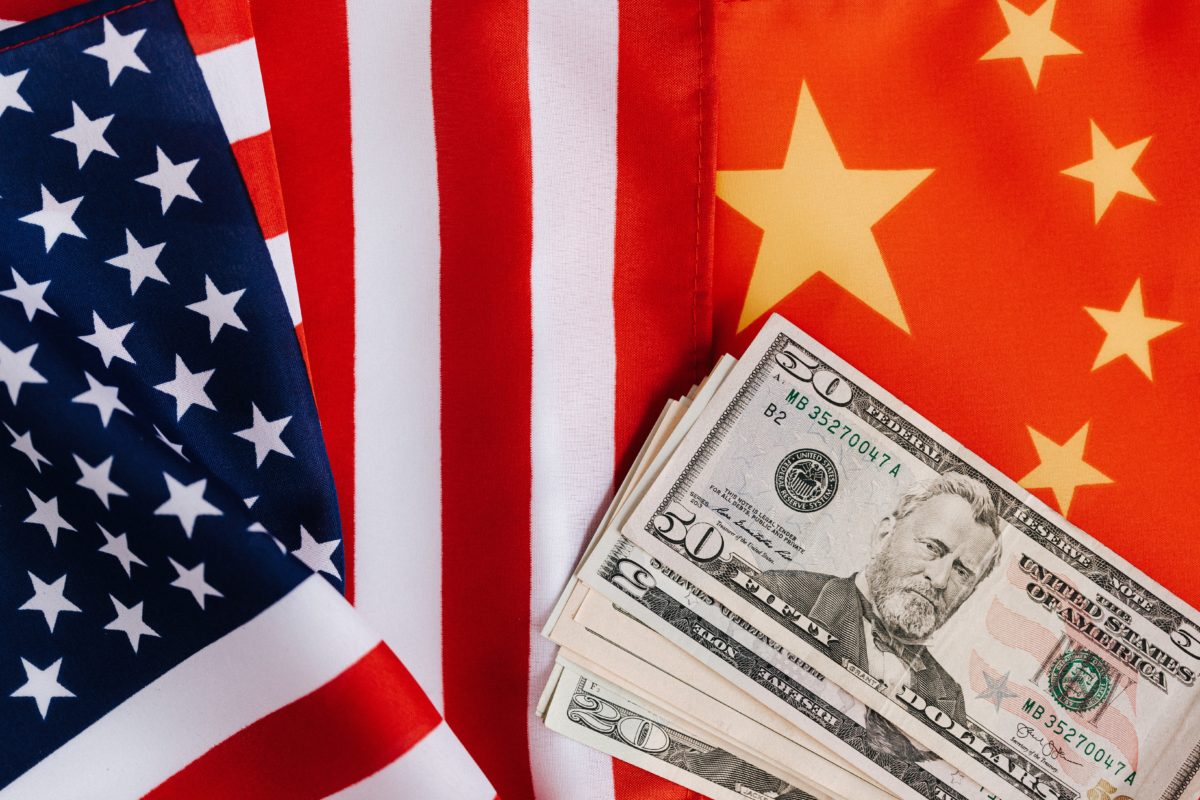7/13/2020
Two weeks ago, the Indian government announced a ban on TikTok over concerns for “the sovereignty and security of India” due to its “stealing and… transmitting users’ data” outside of the country. Secretary of State Mike Pompeo seemed to imply that the United States will make a similar move, stating to the press that TikTok “puts your private information in the hands of the Chinese Communist Party”. The social media app certainly bears a tumultuous history, but this newest issue brings forth more layers of ethical issues.
TikTok’s previous scandals range from failure to protect minors’ data (for which ByteDance, the company that owns the app, agreed to pay $5.7 million to the FTC last February) to exposure of multiple cybersecurity flaws. These, along with outcries about TikTok’s monitoring of iPhone clipboard contents, were reportedly addressed; ByteDance has increased parental controls, patched security gaps, and removed clipboard monitoring. That being said, the app still draws apprehension over its storage of users’ private messages, location, device model, and social media connections, as well as ire from consumer groups that assert ByteDance has failed to fulfill promises it made to protect young users.
What set off the recent alarms in India and the United States seems to lie beyond basic ethical expectations of social media, however. Facebook has been forced to pay $5 billion for data privacy issues in the past–– including the collection of data outside the app, even while one’s phone is turned off–– yet it remains accessible in India and the US. In India, TikTok’s prohibition came along with the banof 50 other Chinese-based mobile apps amidst cries to boycott Chinese products due to the China-India border dispute. The United States’ calls also come at a time when the White House has expressed distrust towards the Chinese government by withdrawing from trade agreements and attempting to bar Chinese graduate students and researchers from entering the US.
As such, much of the recent distrust seems to be fueled by fear of the Chinese government instead of specific features of TikTok. ByteDance has evaded pressure to hand over data to the Chinese government thus far by removing the app from Hong Kong app stores, but still bears a clause in its privacy policy that states “[they] may disclose your information to respond to subpoenas, court orders, legal process, law enforcement requests, legal claims, or government inquiries” [1]. ByteDance has made at least some attempts to protect users’ data (or, at the very least, respond to concerns) that indicates some level of concern for users–– ultimately, it seems the company must choose between prioritizing its users or its government. Furthermore, the dilemma begs the question: how much of the responsibility of handling consumer data falls on ByteDance versus the Chinese government?

